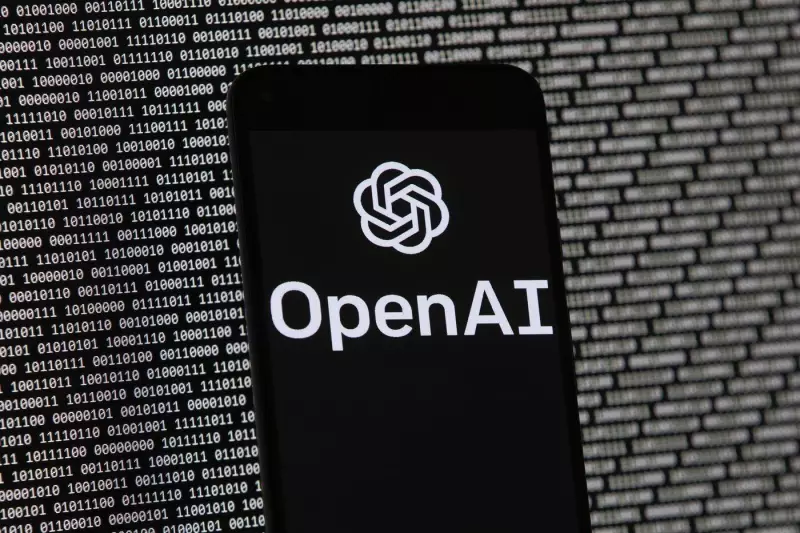
A German court has delivered a significant legal blow to the artificial intelligence company OpenAI, ruling against it in a high-profile copyright case. The decision, announced on November 11, 2025, represents a pivotal moment for the AI industry and its complex relationship with intellectual property law.
The Court's Decision and Its Implications
The ruling by the German court addresses fundamental questions about how AI companies like OpenAI use copyrighted material to train their sophisticated language models. While the specific details of the plaintiff were not fully disclosed in the initial reports, the case centers on the contentious issue of whether training AI on copyrighted text, images, and other data constitutes infringement.
This legal challenge in Germany is part of a growing global trend where content creators, authors, and media organizations are pushing back against what they perceive as unauthorized use of their work by AI developers. The court's decision against OpenAI could set a powerful precedent, potentially forcing AI companies to reevaluate their data sourcing strategies and seek explicit permissions or licensing agreements for training materials.
Broader Context for the AI Industry
This German ruling arrives amid increasing legal scrutiny of AI development practices worldwide. Several similar lawsuits are pending in other jurisdictions, including the United States, where authors and media companies have filed parallel complaints against AI firms.
The timing of this decision is particularly noteworthy as governments and regulatory bodies globally are grappling with how to adapt existing copyright frameworks to the rapid advancements in artificial intelligence technology. The European Union has been particularly active in this space, with its AI Act establishing comprehensive rules for artificial intelligence development and deployment.
The November 11, 2025 ruling could influence how other courts approach these complex questions, potentially creating a more challenging legal environment for AI companies that have traditionally operated under fair use or similar exceptions when training their models on publicly available data.
Potential Consequences and Next Steps
The immediate consequences for OpenAI could include financial penalties and potential restrictions on its operations in Germany, one of Europe's largest economies. More significantly, the ruling might compel the company and its competitors to fundamentally change how they collect and process training data.
Industry analysts suggest this decision could accelerate the trend toward AI companies partnering directly with content creators and publishers, rather than scraping data without explicit permission. Some companies have already begun exploring such partnerships, recognizing the legal risks of their current approaches.
OpenAI will likely appeal the decision, meaning this legal battle is far from over. However, the German court's initial ruling sends a clear message that existing copyright laws may offer stronger protection against AI training practices than some technology companies had anticipated.
As this case continues through the legal system, it will be closely watched by technology companies, content creators, and legal experts around the world, all recognizing that its outcome could reshape the future of artificial intelligence development and intellectual property rights in the digital age.






